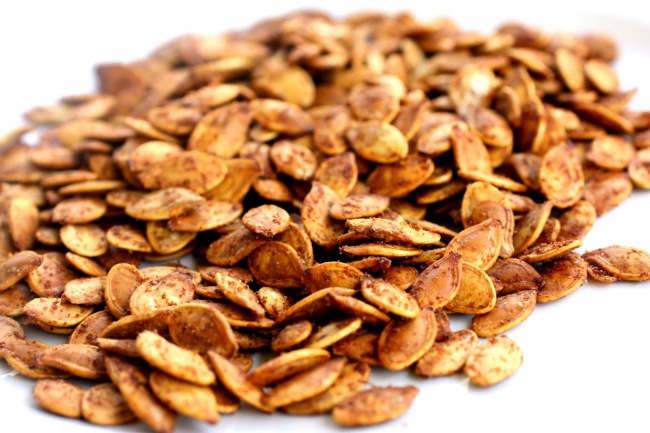When you think of drinking beer and how it relates to your health, I bet the first thoughts that come to mind are not that it benefits you in any way. We tend to think about calories, carbohydrates, and all the fatty foods that we consume after having a few. (Can we say pizza and wings?) My husband is an avid home brewer and I am his helpful homebrew taste testing assistant. We always have a new corny keg of home brew in our house. I used to loathe always having homebrew at my fingertips, not because I don’t like fresh, home brewed craft beer, but because of how I thought moderate, but frequent consumption of beer would negatively effect my health. In terms of beverages, we’re always reading about how wine, reds specifically, may benefit heart health, but it’s rare to hear about health benefits of beer. So today, I’m here to tell you that beer, especially homebrews, can be good for your health.
Here’s the skinny on the health benefits of beer…
Heart Health
Any beverage containing ethanol, including beer, has heart-health benefits. Moderate consumption of any alcoholic beverage (1-12 oz beer for women and 2-12 oz beers for men per day) can increase HDL cholesterol (good cholesterol), lower LDL cholesterol (bad cholesterol), counter arteriosclerosis, and reduce the risk of blood clotting.
Bone Health
Beer is rich in silicon, which has been linked to stronger bones as research shows those drinking a moderate amount of beer had greater bone mineral density.
Kidney Health
Likely due to its high water content and diuretic effect, research has found that beer lowered the risk of kidney stones in men. Risk of kidney stones may also be lowered thanks to the compounds that are in hops as they may delay calcium release from bone, which contributes to kidney stones.
Fiber
A 12 ounce bottle of lager provides about 0.75 grams of fiber and a 12 ounces of dark beer provides slightly more at about 1.3 grams. Darker beers = more fiber.
B-Vitamins
Beer is loaded with B-vitamins including folate, niacin, riboflavin, pantothenic acid, and vitamins B6 and B12. B12 and B6 promote heart health by protecting your arteries from damage and encouraging formation of blood clots.
Home brewed beer specifically contains a larger quantity of yeast, which is the main source of Vitamin B. Commercial beer has less Vitamin B because it is filtered and pasteurized, which decreases the amount of Vitamin B through those processes. Home brewed beer naturally decreases hangovers because of the high volume of Vitamin B found in the yeast. To get the most Vitamin B in your beer, choose one with more malt. The more hops in your beer, the more phytochemicals you’ll consume.
Additional Benefits
Nutrients such as fiber, B-vitamins, antioxidants, and silicon come from the grains, yeasts and hops are the reason moderate beer consumption can benefit your health. Again, because home brewed beer has less filtration, you will consume more of these nutrients. Home brewed beer is also more natural in that it generally does not contain additives, chemicals or preservatives as it is not commercially manufactured. Beer is also fat free. Most of the calories come from carbohydrates while a small amount of calories comes from protein.
The key to obtaining the health benefits from beer is ensuring you are drinking in moderation. So next time you come home from a hard day of work, don’t feel guilty about drinking a brewski. Instead, reap the nutritional benefits it can provide. And if you have the option, go with a homebrew to get the maximum nutritional benefits.
Until next time, be well!



